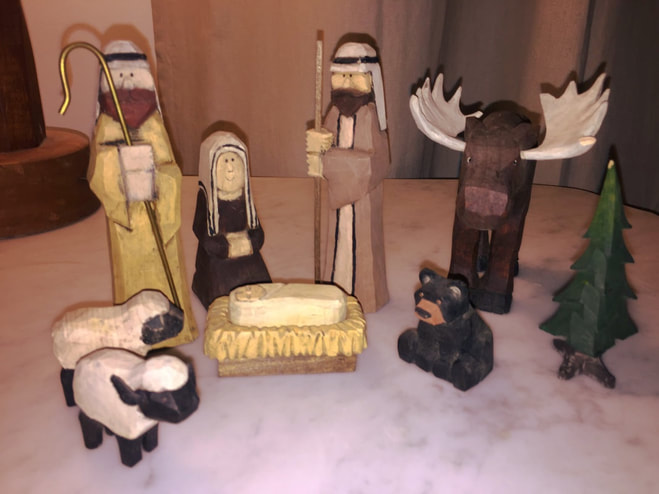 Wildly Domestic Nativity Wildly Domestic Nativity This time of year I tend to fall into binary thinking even more than usual. Was 2018 a good or bad year? Was I naughty or nice? Beer or wine? Looking at my favorite nativity scene I’m reminded that black-and-white distinctions are false and lead us into quagmires of absolutism that absolve us from thinking deeply about decisions and desires that we’d benefit from examining. Look at how the wild and domestic are combined here. It’s not just cute, it’s the truth. Not literally—though a literal interpretation of the nativity is never my aim. But this earth is a swirl of the wild and domestic, which interact far more than western civilization would lead us to believe. As a very little girl, I didn’t see those distinctions. My backyard was wild, dresses were made for me to do headstands in, and I didn’t need a shirt in summer any more than my brothers did. When I turned five I had to beg to go shirtless one last time. I stopped wearing dresses in puberty when it was clear I needed to choose the kind of female I’d be. I chose tomboy even though I would’ve liked wearing dresses sometimes if people didn’t look around to see whom I was trying to impress. Tomboy seemed the only choice if I wanted to have a life of adventure. After that first choice, others followed, all based on choosing the wild over the domestic. I’d hang out with uncles rather than aunts, Dad rather than Mom. I’d love trees, not flowers. Prioritize being strong and independent over being kind and attached to others. Luckily I grew up to discover the falseness of such dualisms. I paint my nails and go long periods without a shower. I rock climb and knit. I love cooking, decorating my house, and raising my children as much as I love solo backpacking, belching, and letting my children run free. I love being a wife because my husband has no illusions that I am domestic, or that I am always wild. My hope for everyone in 2019 is that the binaries begin to fall away even more. That any resolutions we might make will lead us closer to our authentic selves, and more open to seeing people in their authentic otherness. Happy Binary-free New Year! Lilace
2 Comments
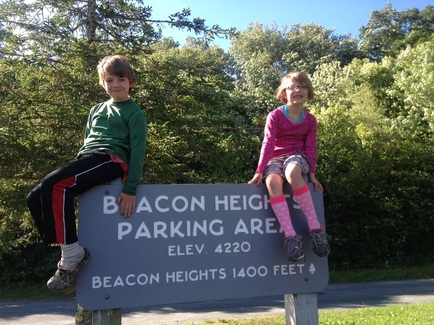 Can you tell our family likes pork? Can you tell our family likes pork? We visit family in Western North Carolina for several weeks, so I found myself thinking of how best to celebrate July 4 with the kids, while Jimmy was smoking pork all day for the evening BBQ. Not that everything has to be a lesson, but I'm sensitive to holidays losing their meaning. So, what do I want Independence Day to mean to my children? What do I love most about my country? The answer is easy: what I love most is the country, the land. And our legacy of wildly stunning public lands are the envy of many other nations. So we piled in the car to get some exercise and some perspective. On the winding drive I explained what a National Park was, and how the Blue Ridge Parkway belonged to every American--even them. Then we started hiking. We live at about 1300 feet elevation.We began our ascent at 2820 and topped out at 4220. We got perspective, alright. Even though they'd been to these mountains previous summers, the kids reacted in awe. They stopped and stared. Then they ran around, staying well back from the edge. There were big rocks to peer under and all sorts of things to discover first. Of course it only felt like they were the first to discover them. Unlike Columbus, though, they didn't try and stake a claim.
Right then it occurred to me that freedom often comes because we agree to share. To share land, roads (and their care). Basic services that I might need more one year and you might need more the next year, but that we each pay into every year, like the National Guard and other military branches. This freedom to experience the natural world is worth fighting for, if you ask me, and is why I'm such a huge advocate for our public lands. There are always politicians out there trying to convince us we're better off selling our National Parks, Forests, Monuments, Wilderness Areas, etc., so they can be run privately. That strikes me as unpatriotic. Certainly it's undemocratic, putting our natural national treasures into private hands. And it's not sharing. So as my kids explored freely, I vowed to take them outside more to places patriots have worked hard to protect and make accessible. To see the beauty of this land and to get to know their country. And I vowed to share more. Except when it comes to bacon. Last Saturday, a friend and I took our kids to Elmira, NY for an event that combines almost everything I am passionate about: fun, dirt, literacy, and interdisciplinary education. Tedd Arnold, a prolific children's author & illustrator (of Fly Guy and Parts fame), was reading from his recent book, Dirty Gert, at the ribbon cutting ceremony for the new children's sensory trail. Tedd's a great reader, and defines the bigger words so all his audience can follow. To explain what "civilized" meant, he had everyone pretend to hold a tea cup with their pinkies out. (Spoiler alert: Dirty Gert doesn't get civilized, and her parents love her anyway. Yay for happy endings!) All along the short kid-friendly trail, kids follow the pages of the book posted as markers, and there are stations for all the senses and to learn about the plants and animals. I think it's wonderful how the Nature Center thought to link the trail with a story that shows the importance of soil and mocks our civilized repulsion of anything dirty. And by having Gert as the main character, he shows that girls don't need to be more civilized than boys, and gives an alternative to the princess role model. There is also a soil box (not a sand box) at the trail's end, and even a little library on the path. In our educational system, reading, science, and physical education are taught as if they are inherently separate, when really they're about as separate as a mermaid's legs. I'm aware of the challenges of interdisciplinary education at all levels (though I primarily teach teens and adults). It takes more time, more resources (for field trips and speakers), and is harder to test. But it's also easier to teach this way because students are more motivated and interested.
Don't like science? We're going to hear a story. Don't like reading? We're going to hike or to play in dirt. This is also the route toward ecological literacy, our most pressing educational issue. David Orr, who coined the term, says, "the ecological crisis is in every way a crisis of education.... All education is environmental education… by what is included or excluded we teach the young that they are part of or apart from the natural world.” Each of us does not need to know everything. But we need to know that everything is connected and interdependent. And we need to teach this to our children.
|
LilaceI write, read, recreate, and raise kids in rural Pennsylvania. I teach part-time in Outdoor Recreation Leadership, Creative Writing, and Women's Studies at Mansfield University. Archives
April 2020
Categories
All
|
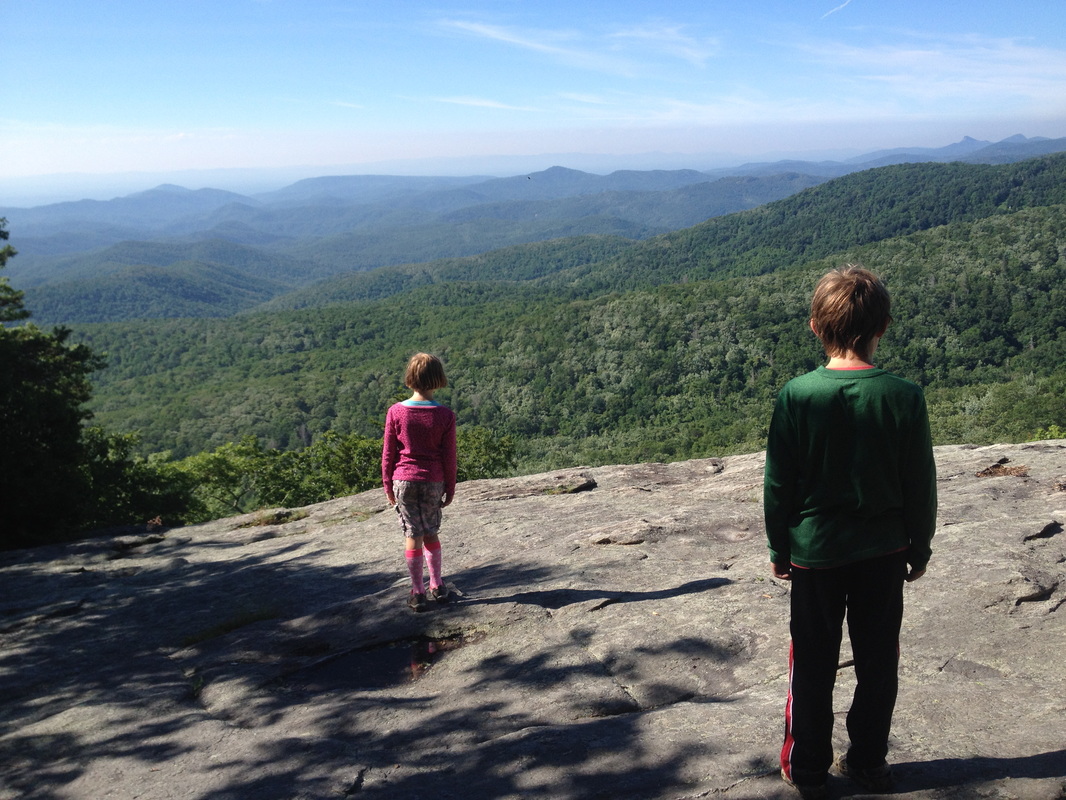
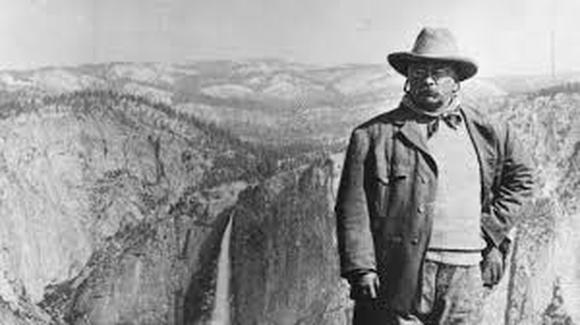
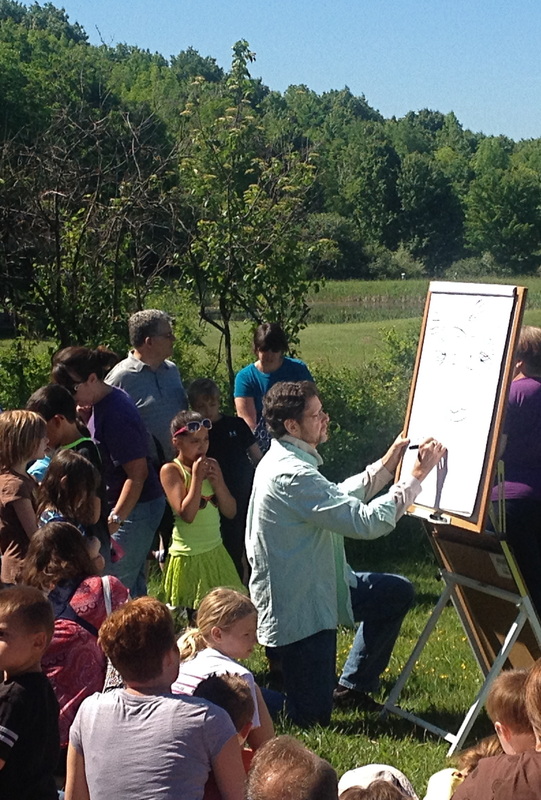
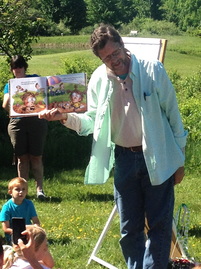
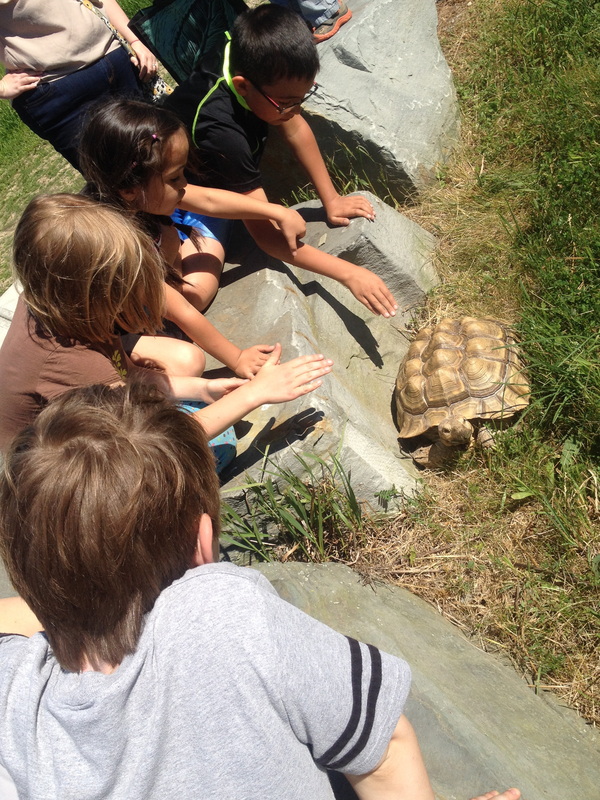
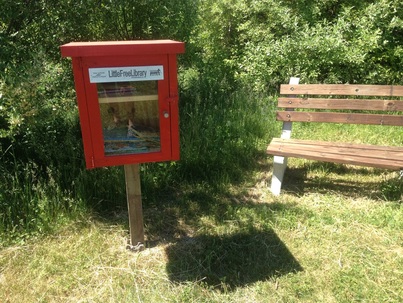
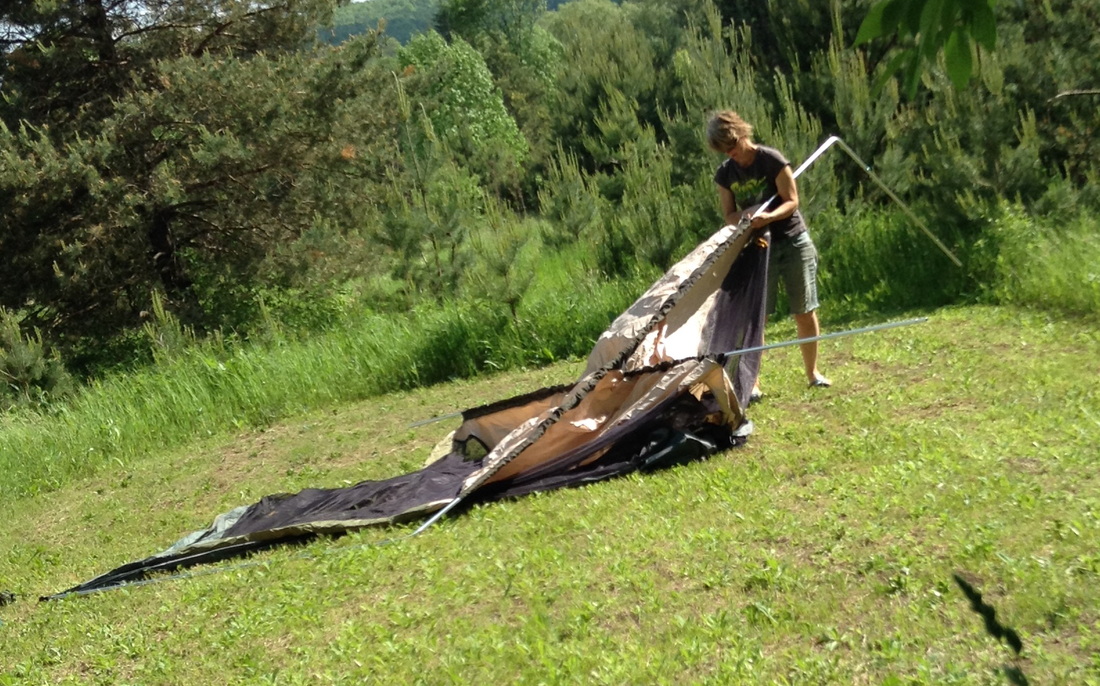
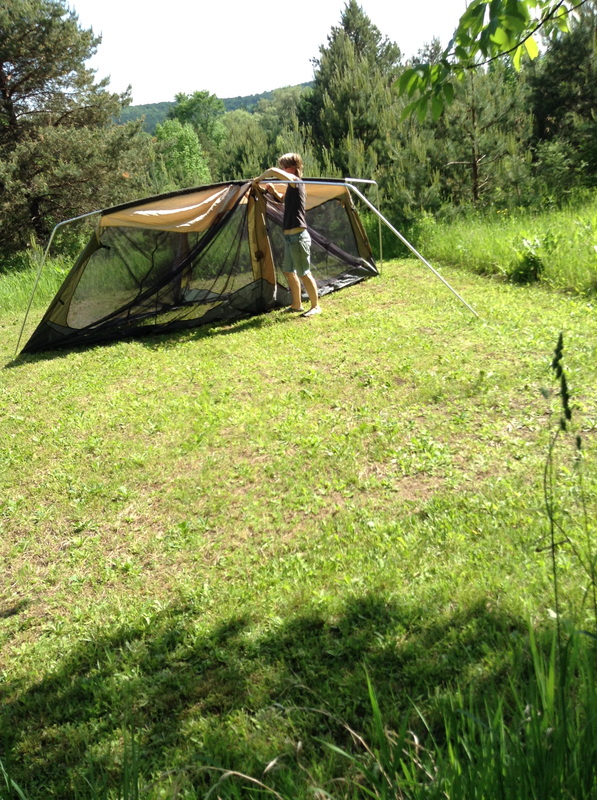
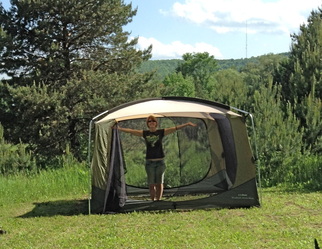
 RSS Feed
RSS Feed
